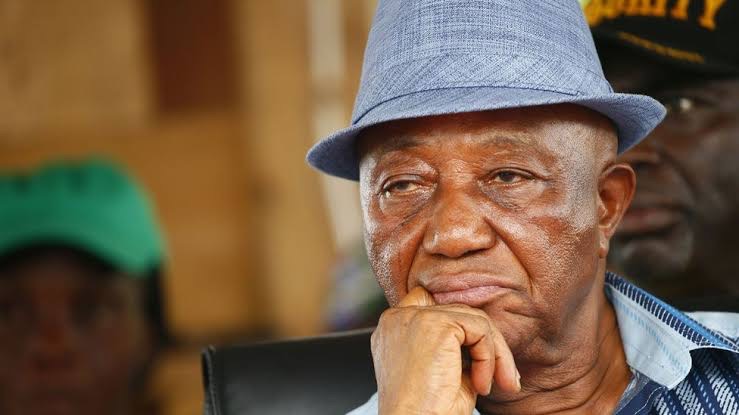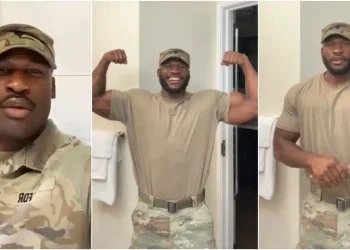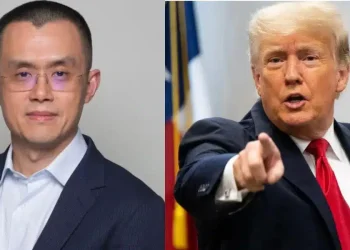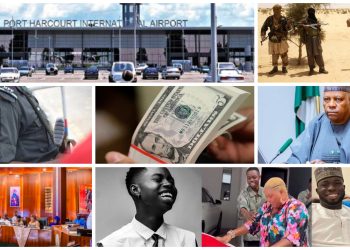Liberia President Boakai’s decision to appoint Lewis Brown, a former Human rights organizations along with war crime victims protested Lewis Brown’s appointment as Liberia’s United Nations ambassador because it undermines President Joseph Boakai’s plans to create a war crimes tribunal.
Before becoming Liberia’s United Nations envoy Brown worked as an adviser to Charles Taylor who was convicted of war crimes and faced TRC prosecution recommendations.
Brown faces intense criticism because he held important positions in Taylor’s government including foreign minister during his time of service. The National Patriotic Front of Liberia under Taylor participated in nearly 63,843 incidents which made up two-fifths of all violations documented by the TRC. The UK has condemned Taylor to a 50-year prison term because of his crimes in Sierra Leone’s civil war.
Human rights lawyer Cllr. Tiawan Gongole expressed severe worry over the selection by declaring, “Since he faces prosecution himself before that tribunal, he cannot promote it effectively.” During his inaugural speech, Boakai announced plans to create both a war and economic crimes court yet he then selected a minister with outstanding court charges for the important position.
It has caused specific damage to all Liberian survivors living through their shared history. In Peterson Sonyah’s view, as executive director of the Liberia Massacre Survivors Association, the president’s decision displayed “a serious embarrassment and disrespect to the victims’ community” because it symbolizes victim voices hold no weight in Liberian political conversations.
Brown now becomes the United Nations Ambassador for the third time in his career following his prior ambassadorships under presidents Ellen Johnson Sirleaf and George Weah. The timing of these appointments creates issues because Liberia’s war crimes court initiative shows growing support despite facing financial difficulties as a result of Boakai’s government.
The decision faces international criticism because the proposed court depends mostly on foreign donors especially the United States for its financial support like specialized tribunals. The media sought comment from presidential spokesperson Kula Fofana who declined to address the criticism along with Ambassador Brown who didn’t respond to objections against his appointment.
Political appointment procedures face scrutiny because they threaten the ability to bring justice to victims of war crimes while threatening recent progress in Liberia’s push for accountability. The first Liberian president to actively promote a war crimes court made this appointment which caused many people to doubt the government’s ongoing dedication to both justice and reconciliation.






